CMJA 2024: Kagame highlighted the importance of experienced judges in environmental justice
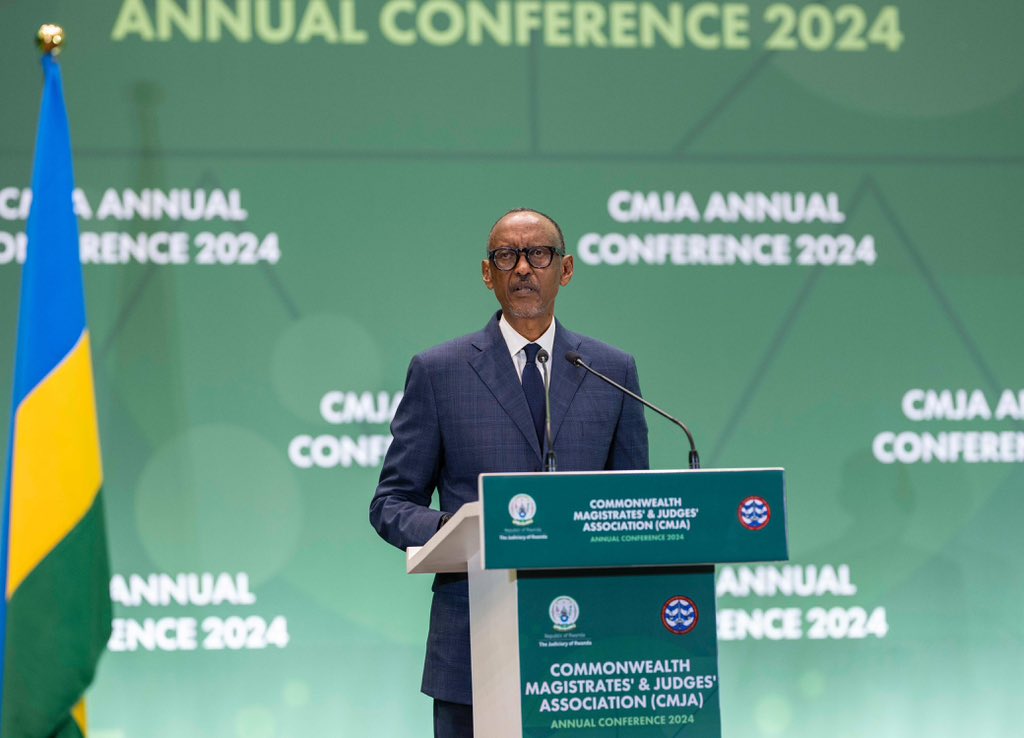
Rwanda President Paul Kagame stressed the importance of experienced judges in enforcing environmental laws and delivering justice, during the Commonwealth Magistrates and Judges Association Conference, being held in Kigali, from 8th to 12th September 2024.
He highlighted Conservation efforts as another key aspect of environmental justice. National parks, rich in biodiversity, are home to endangered species that are under constant threat from illegal wildlife trade and other criminal activities. These crimes, are often connected to broader cross-border criminal networks that also endanger national security. This introduces the need for cooperation between the judiciary, law enforcement, and regional partners to address these crimes effectively.
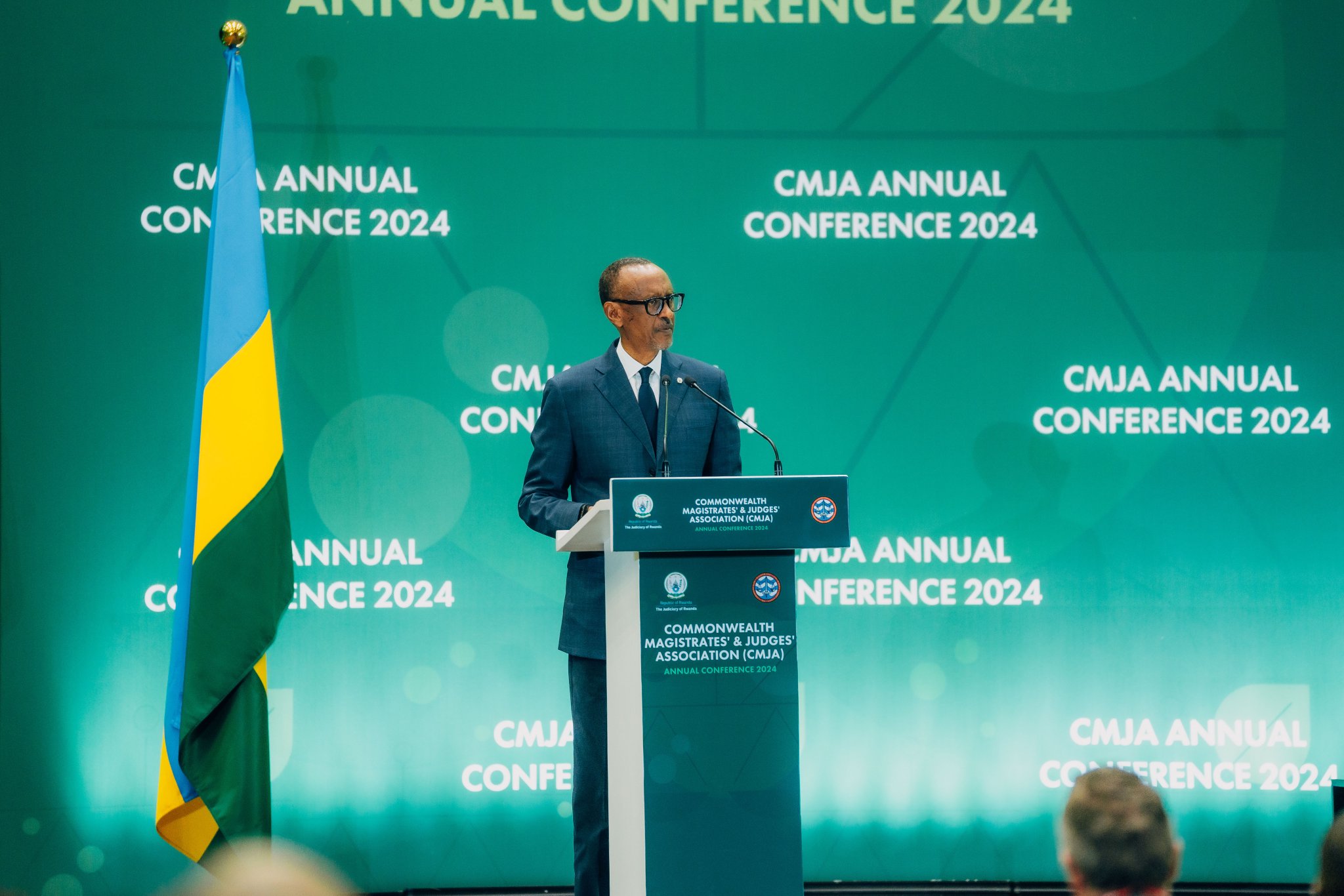
“Too often, wildlife crimes also involve a wide spectrum of cross-border criminal activities, which put our national security at risk. Close collaboration with law enforcement is therefore necessary. With independent and experienced judges, there is a lot that can be done to protect our environment, and provide justice where it is due.” He said.
President Kagame expressed how environmental justice is a critical issue for the Commonwealth. This sets the stage for discussing the urgency of addressing climate change and its disproportionate effects on vulnerable regions, such as Africa and Small Island Developing States.
“In fact, two years ago, when Rwanda had the privilege of hosting the Commonwealth Heads of Government Meeting, the urgent threat of climate change was at the top of the agenda. Today, global greenhouse gas emissions are disproportionally impacting Africa and Small Island Developing States. But no country can afford to be complacent.” He stressed.
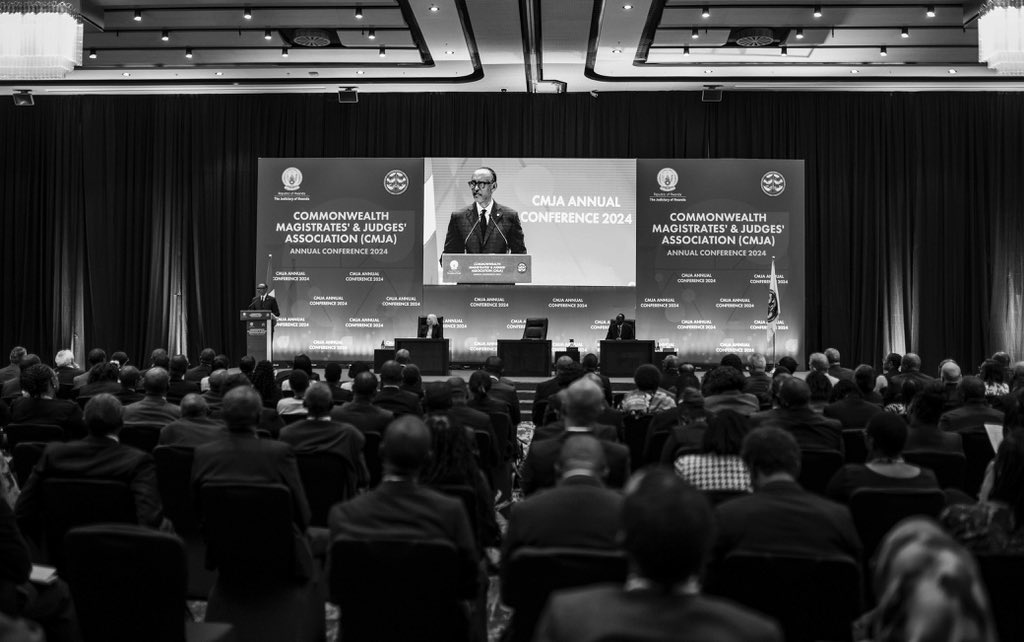
To combat environmental degradation, he underscored the necessity of enacting strong environmental laws and policies. However, the enforcement of these laws is equally vital, and this is where the role of a strong, independent judiciary comes into focus. President Paul Kagame suggested that judicial systems must prioritize the needs and interests of citizens to ensure laws are upheld and a sustainable future is built.
The Rwandan President referred to Rwanda’s post-genocide experience to draw attention to the transformative power of justice system reforms. The country’s deliberate efforts to strengthen the rule of law after a devastating period of violence illustrate the link between justice, peace, security, and national development.
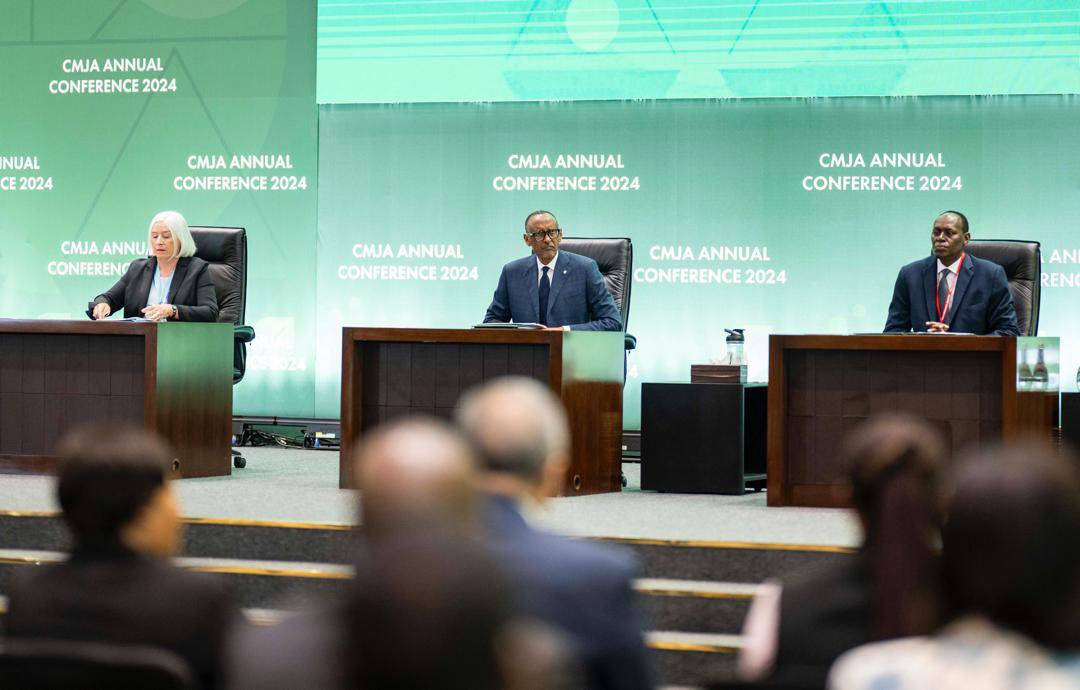
Rwanda’s ban on plastic bags has been used as a practical example of an environmental law that has had significant positive effects, improving both cleanliness and resource management. This showcases Rwanda’s commitment to environmental sustainability.
Concluding his speech, President Kagame addressed two major challenges in justice systems worldwide: judicial corruption and case backlogs. These issues undermine public trust in the judiciary, which is foundational to ensuring respect for the rule of law and due process.
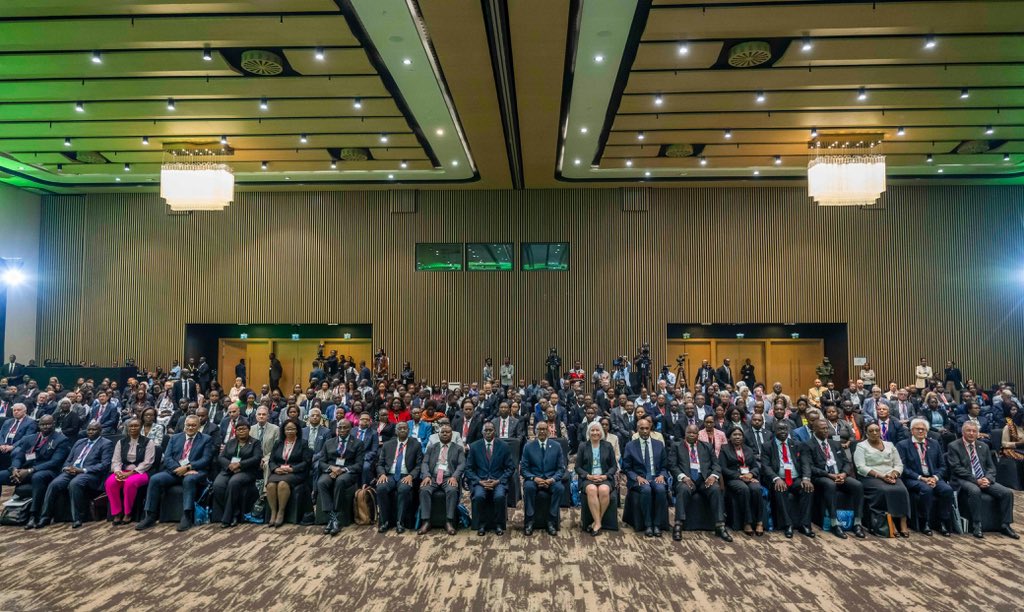
He encouraged participants to use the conference platform to discuss and find solutions to these challenges, noting that without a trusted judiciary, it is impossible to create a fairer and more peaceful world. The legitimacy of any justice system depends on the confidence citizens have in it, which requires transparency, integrity, and efficiency. Addressing corruption and reducing case backlogs are not only vital for environmental justice but also for the overall functioning of the judiciary in delivering swift, fair, and impartial justice.
CMJA Conference gathered more than 300 delegates from 45 State Members of Commonwealth, under the theme: “Environmental Justice”.
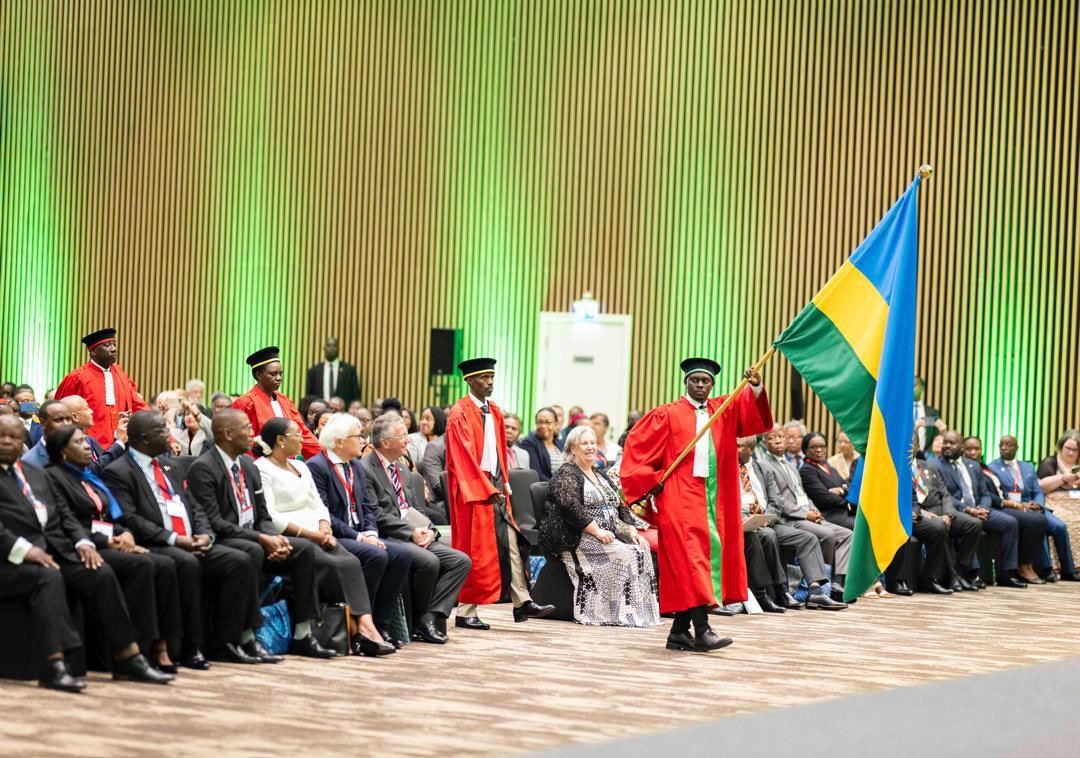
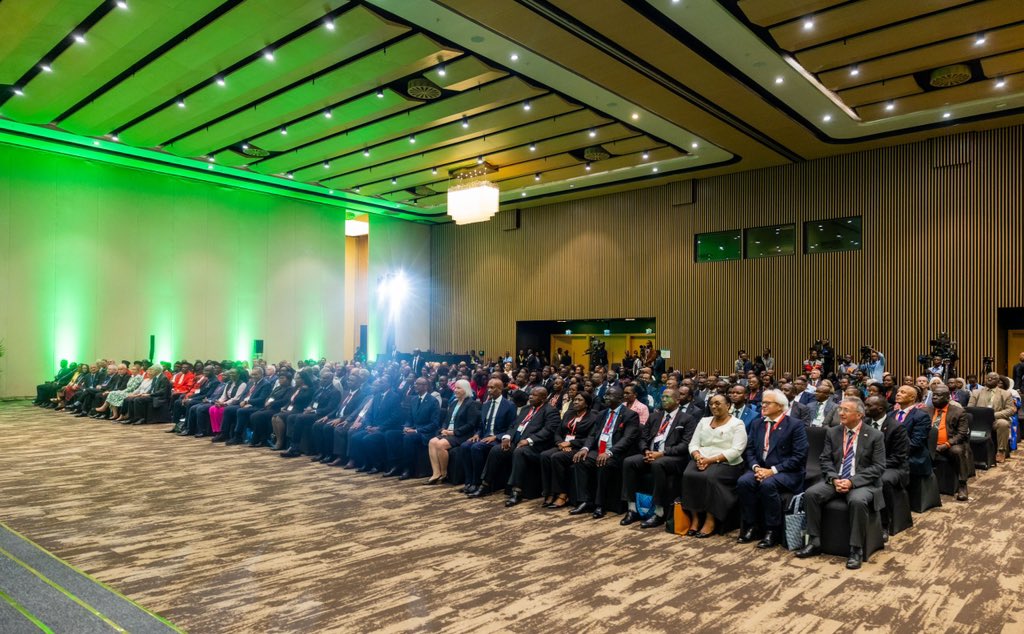
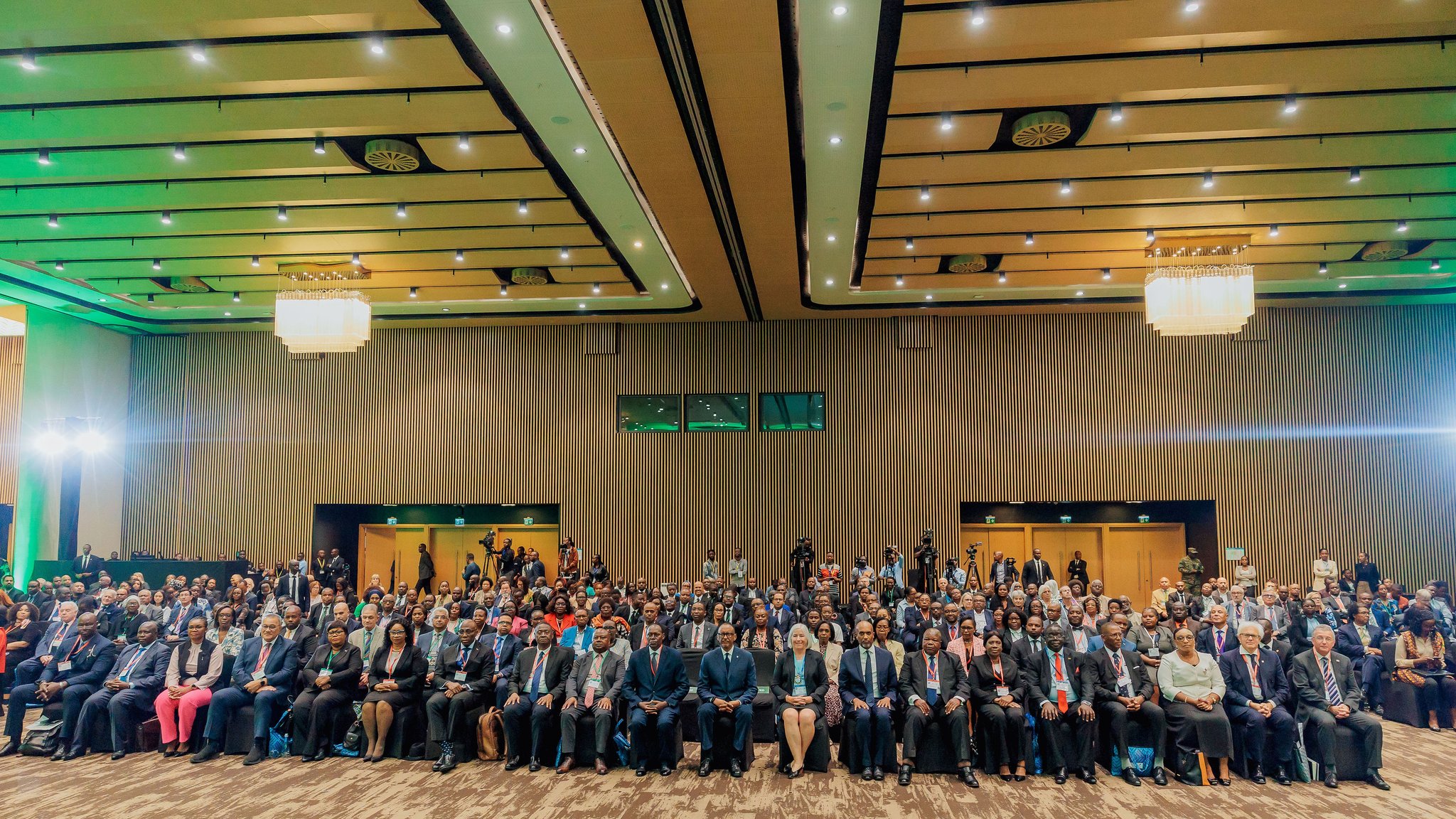
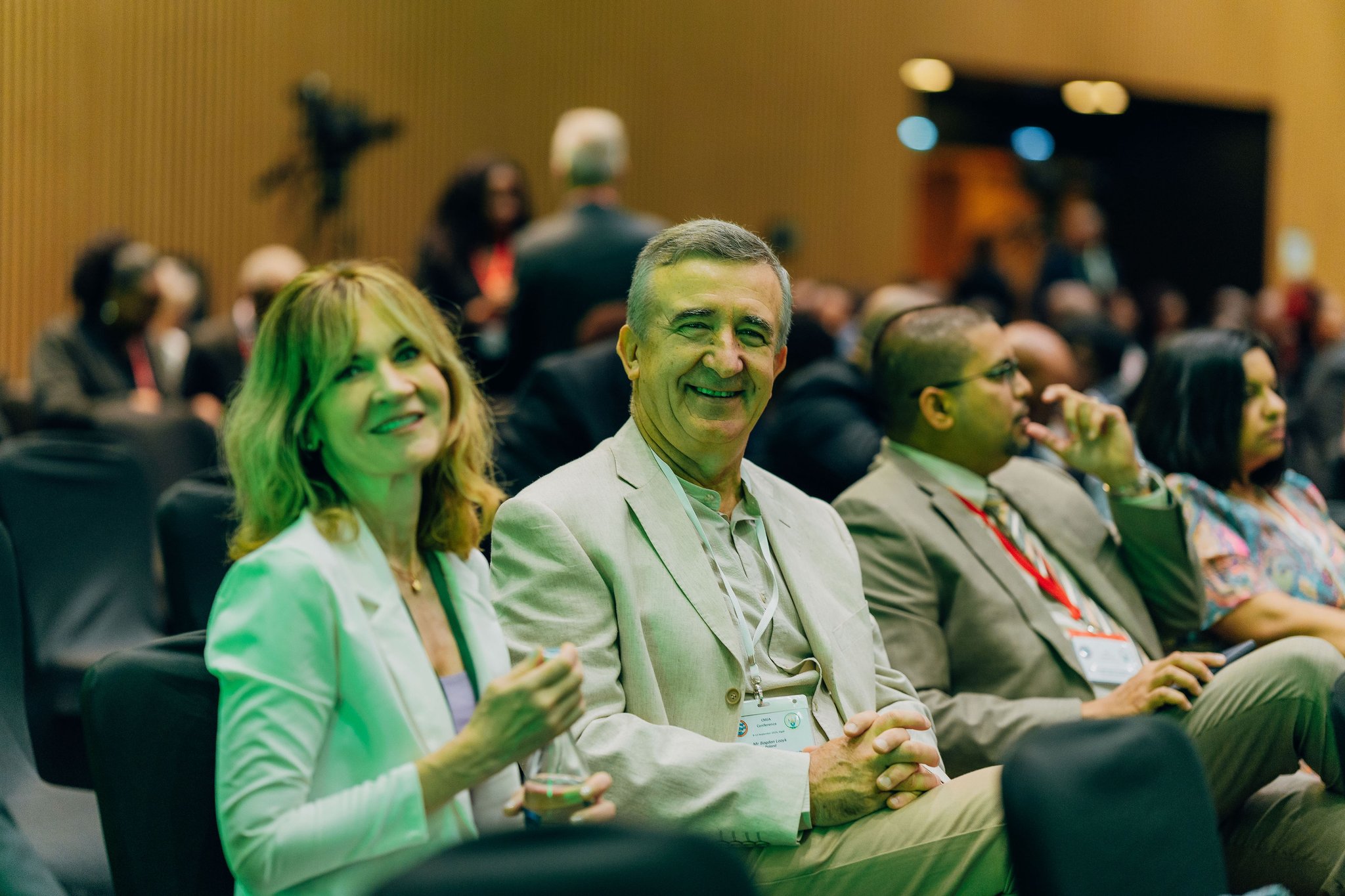
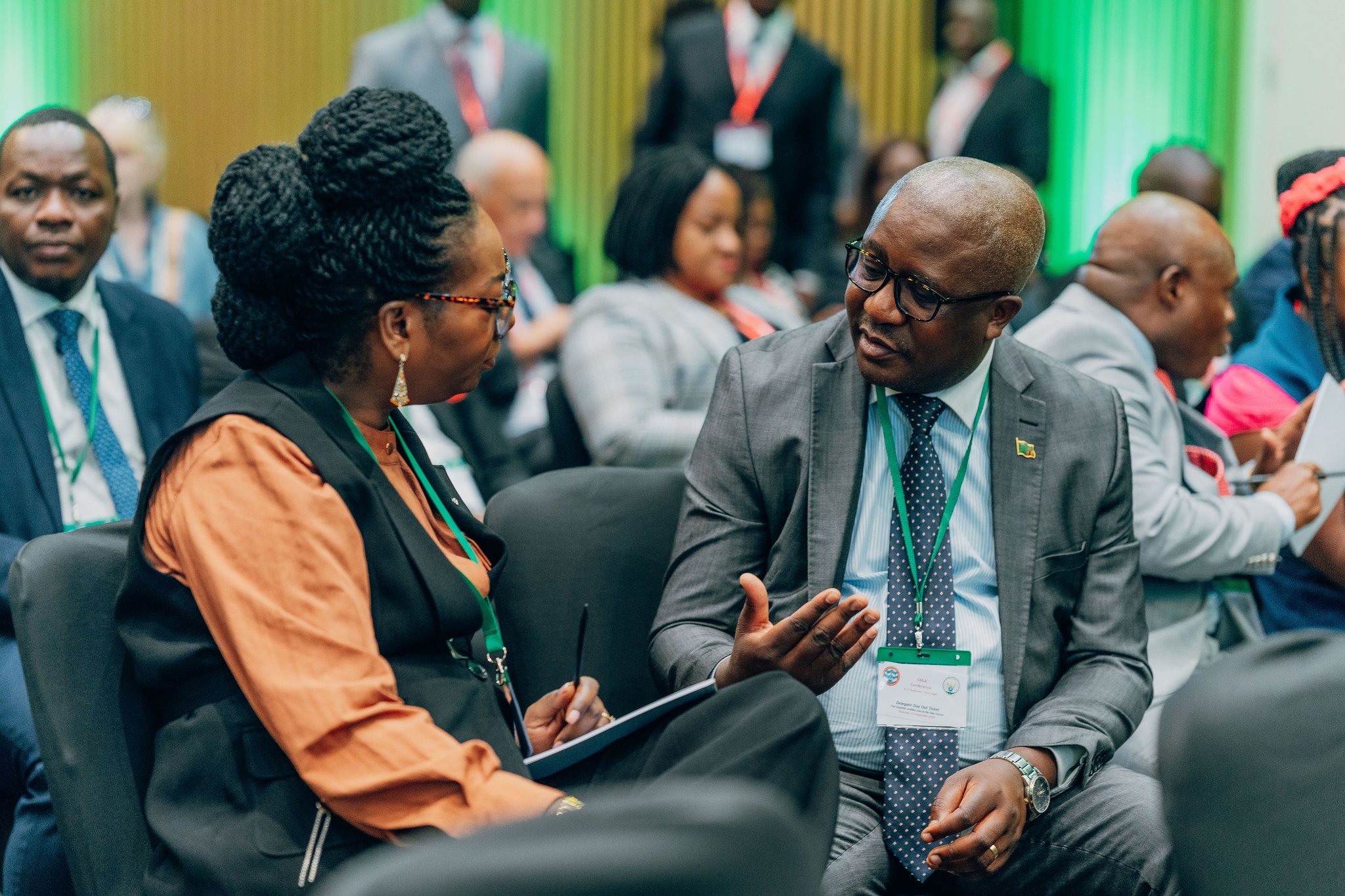
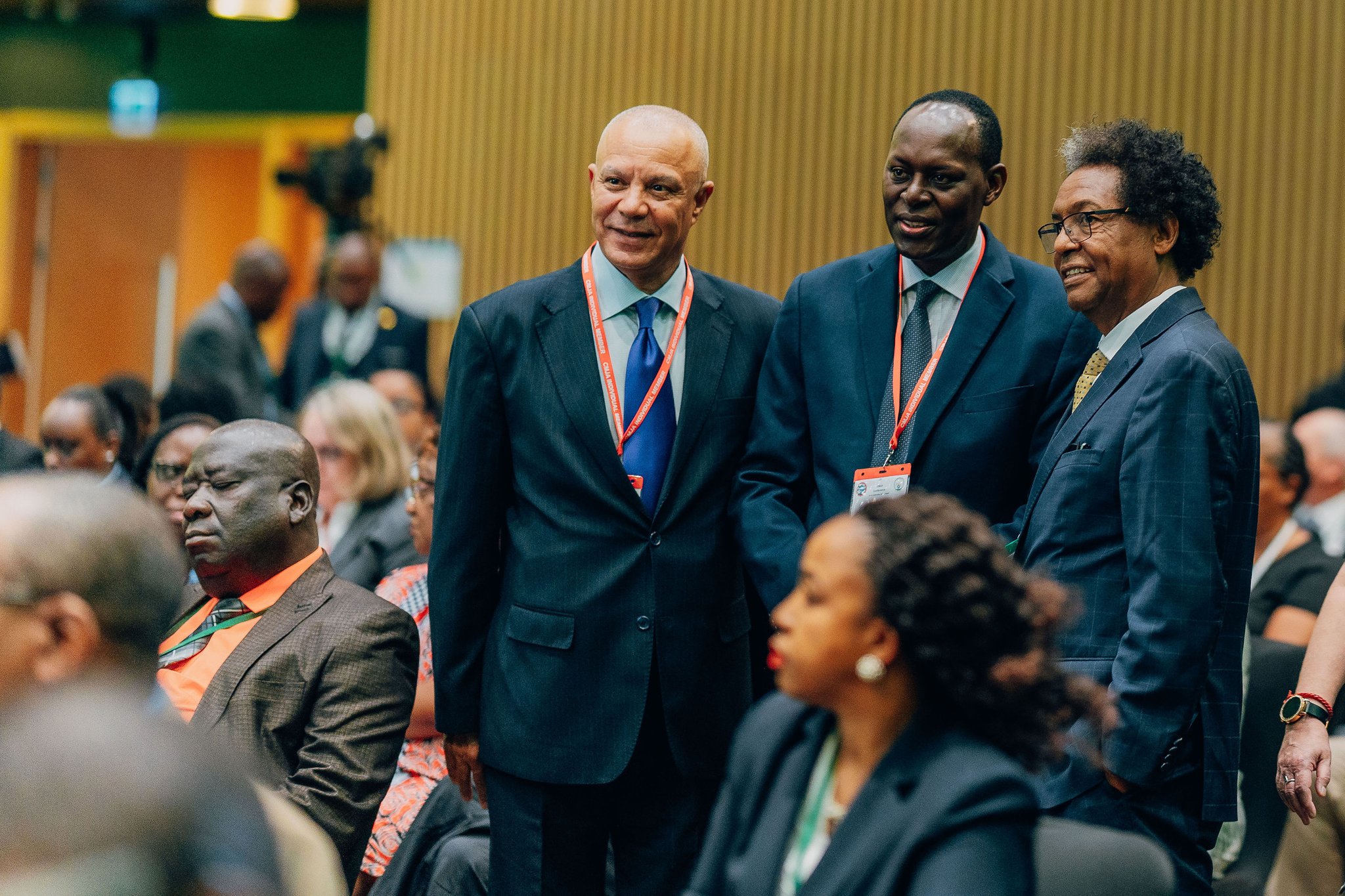
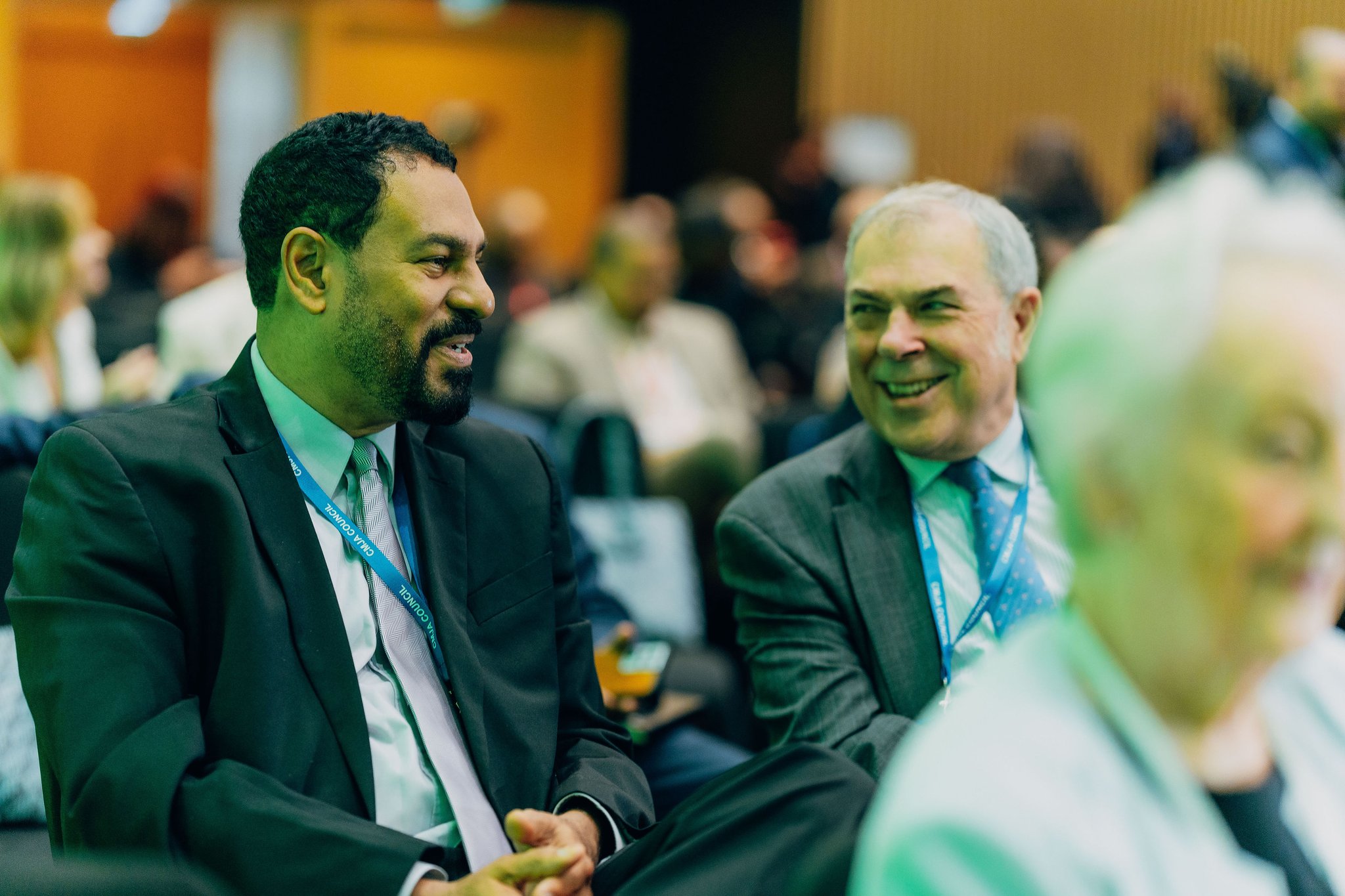
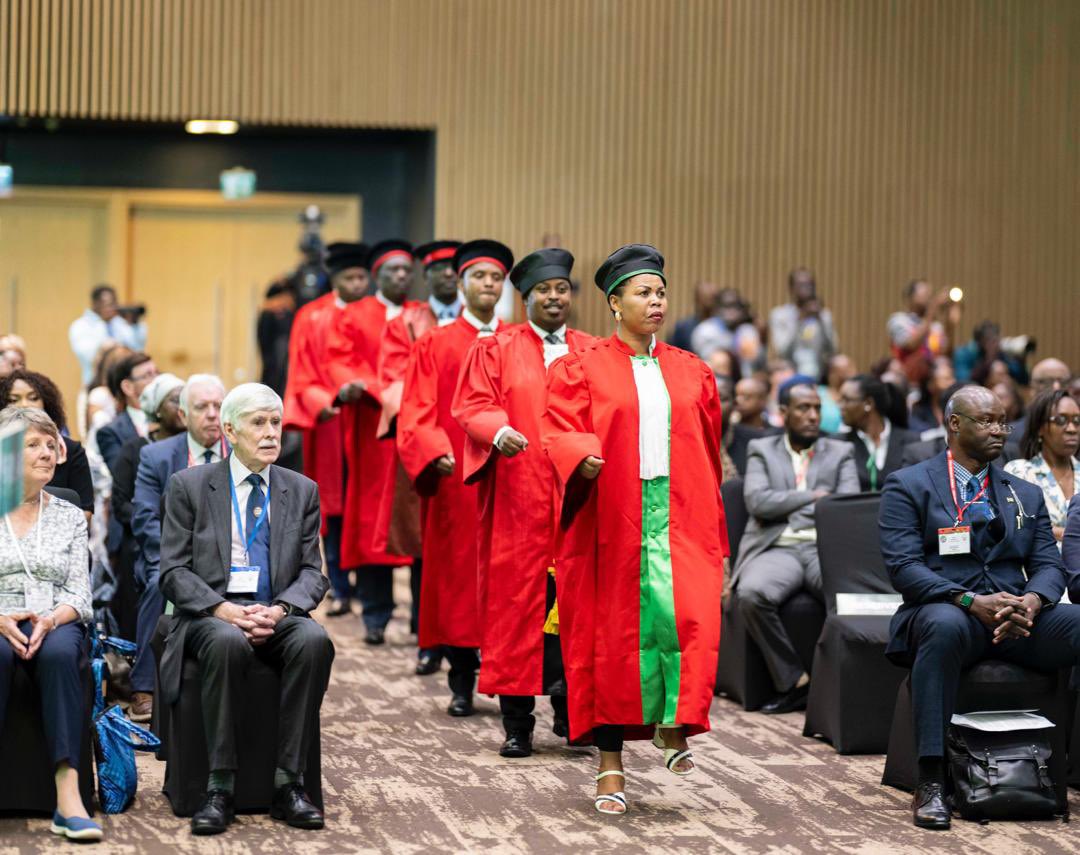
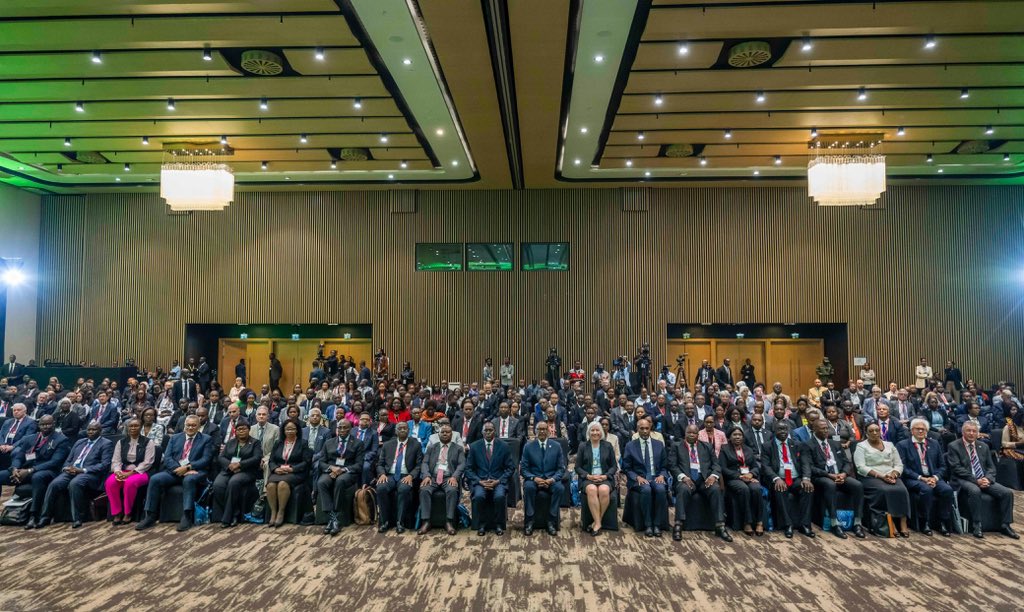
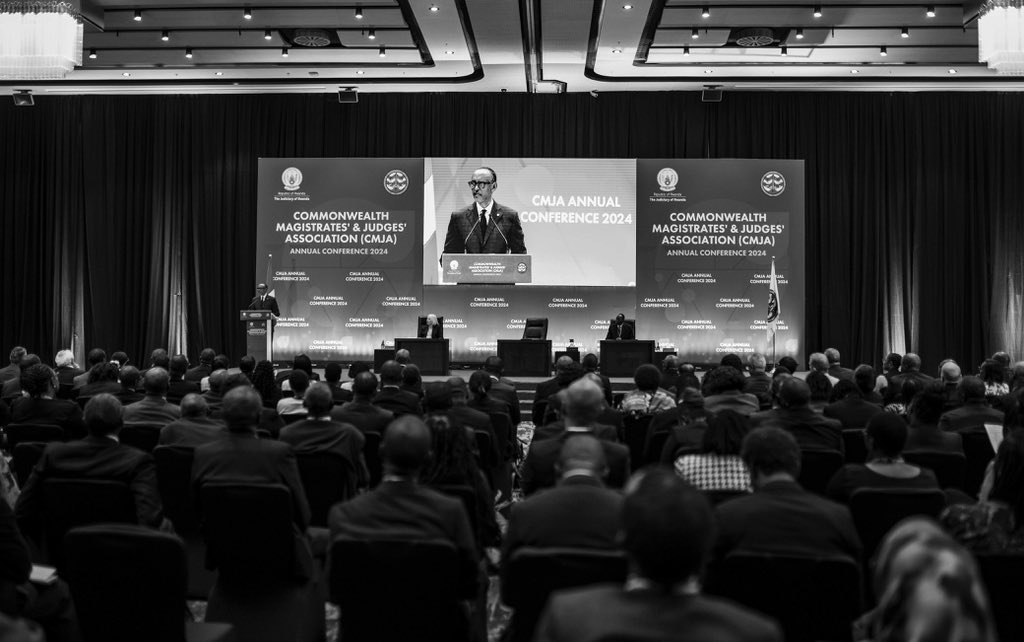
Related Articles
Global Agri & Food Safety Congress 2026: Building Resilient Food Systems in a Changing Climate
On 26–27 February 2026, international experts, researchers, industry leaders, farmers, and policymakers...
Why Animals Are a Key Piece of Africa’s Disaster Resilience Puzzle
Across Africa, people and animals have coexisted for centuries, not just sharing...
Leaders Call for Stronger Monitoring to Turn Ecosystem Restoration Commitments into Results
Nairobi, Kenya — 27 January 2026 Country and regional leaders, alongside technical...
Worm Tea: A Natural Path to Farming Without Harmful Chemicals
For much of his early farming life, Isaac Mubashankwaya believed chemical fertilizers...



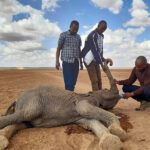

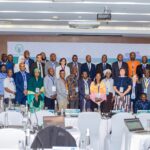




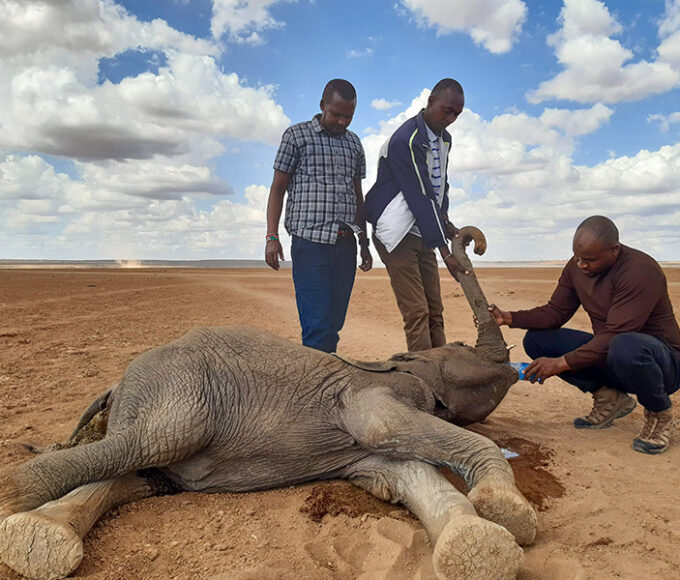
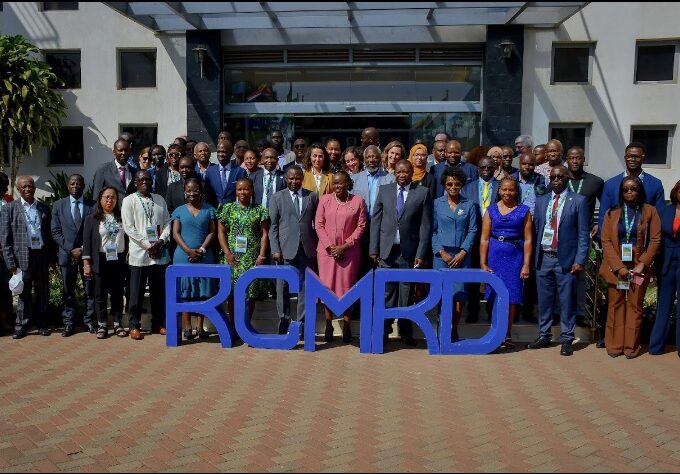
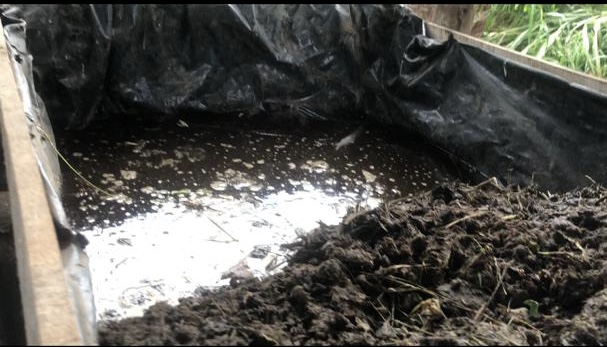
Leave a comment